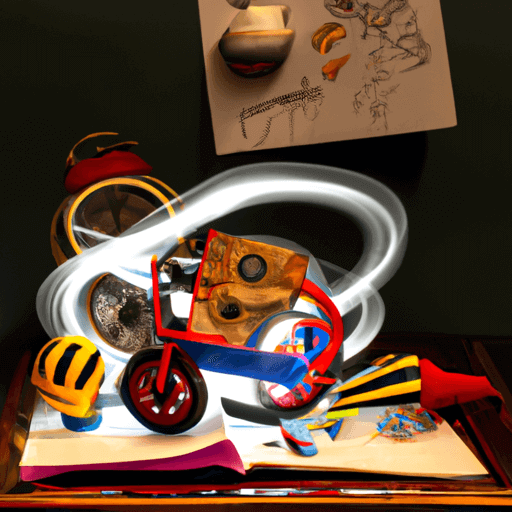787
Newsletter
Subscribe to our newsletter for exclusive content, latest news and trends, and exciting new features.
Tranding
Categories
Health and wellnessFood and cookingGaming and esportsPets and animalsArts and cultureTravel and tourism
Literature and writingLifestyleBusiness and entrepreneurshipSports and fitnessEnvironment and sustainabilityEducation and learningEntertainmentHome and gardenScience and natureMusic and EntertainmentTechnologyBeauty and personal care



















Comments
Leave a Comment